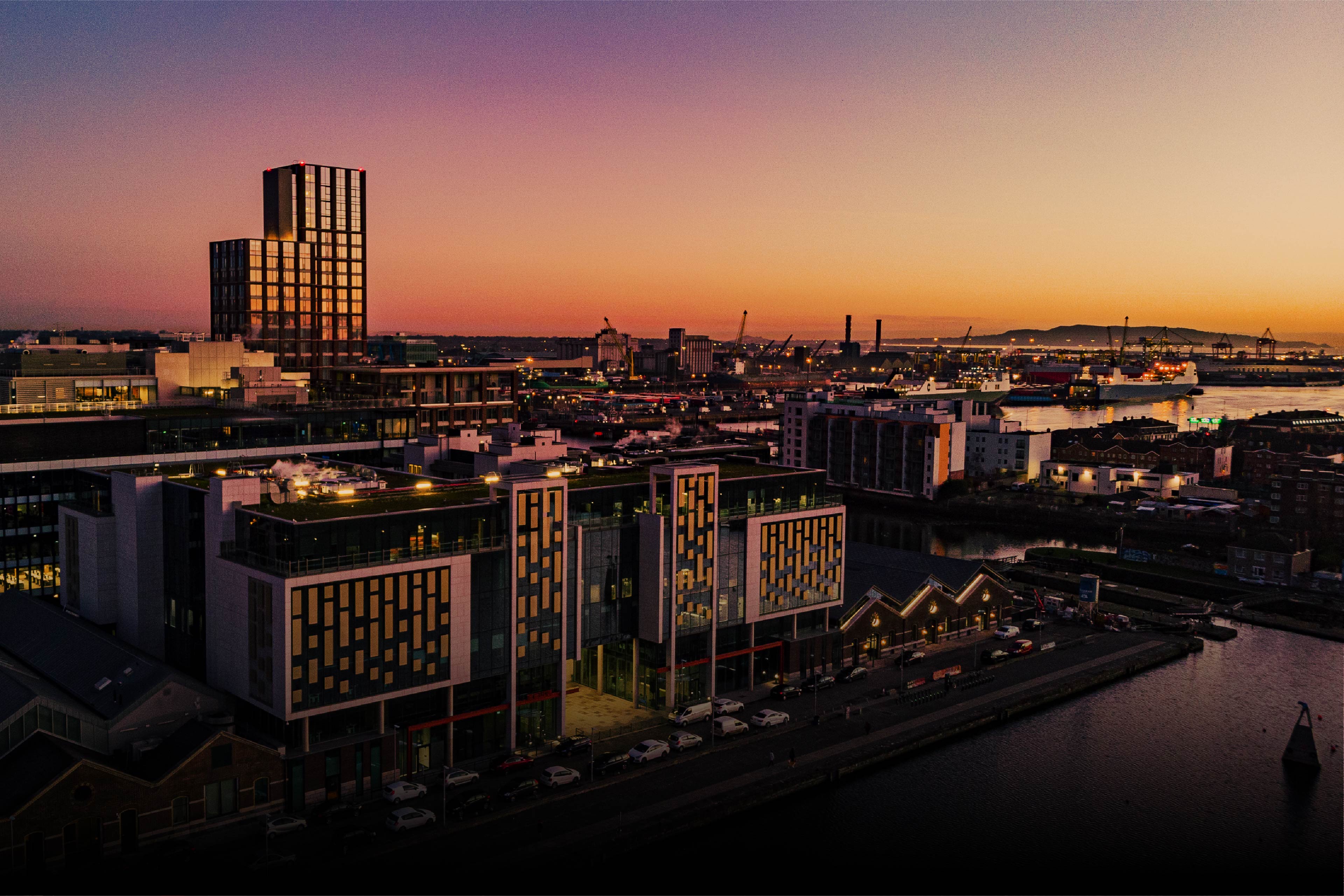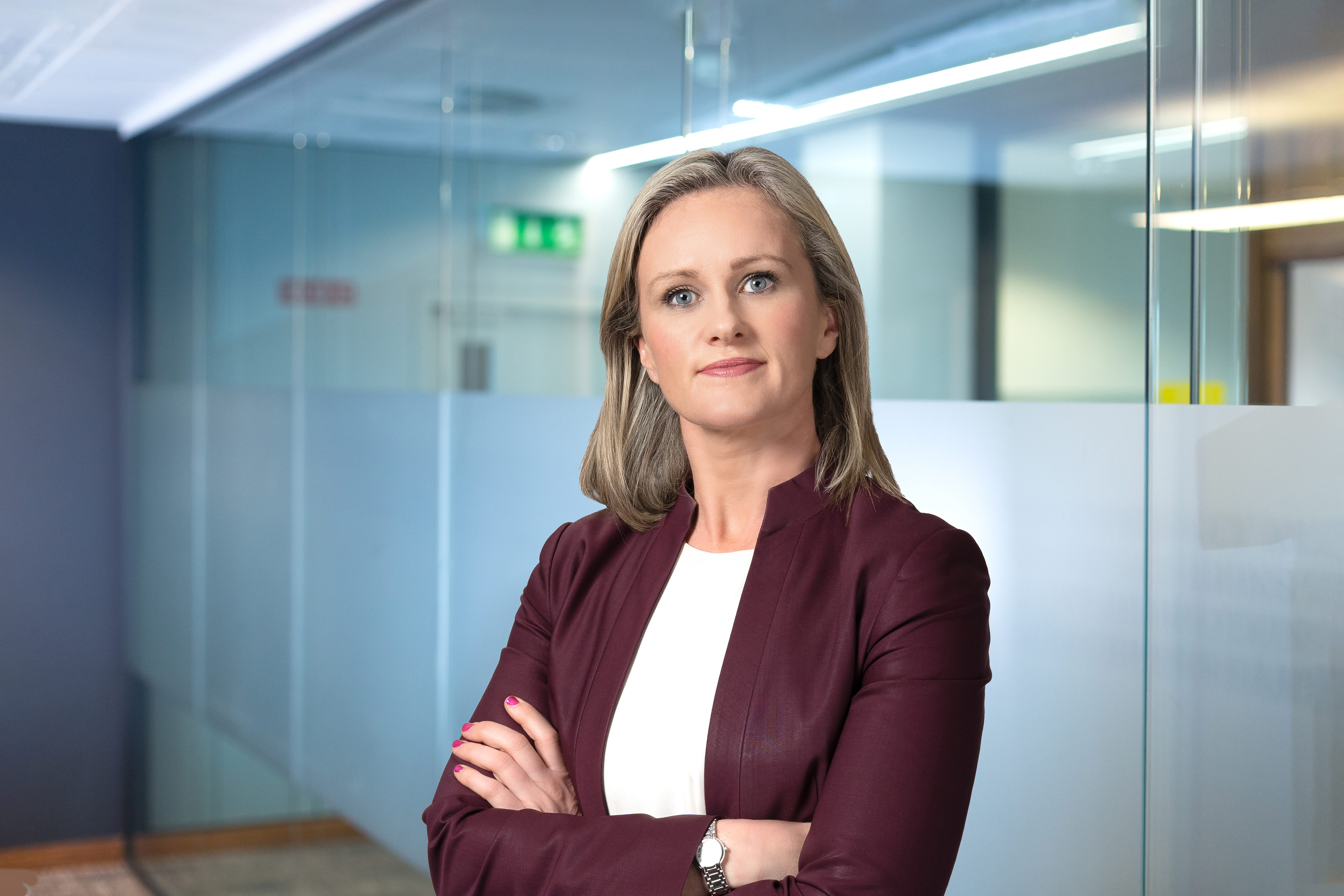While Irish inflation has moderated somewhat in recent months, interest rates continue to rise and businesses are coming under intense pressure as a result of the energy crisis, continuing trade and supply chain disruptions, impact of climate change, talent shortages, and a range of other factors.
The picture is similar around the world and the latest EY CEO Outlook found that chief executives are intent on maintaining investment strategies to stay ahead of disruption and deal with new and pre-existing challenges.
The report, which is based on a study of more than 760 chief executives globally, also found that most chief executives view inflation as a critical risk with the majority of respondents, 69%, predicting it will negatively impact their company’s performance and growth.
Additionally, chief executives appear to have little faith in government intervention with controlling inflation; 15% believe policy responses will have negative consequences for the business environment.
Due to a strong post pandemic rebound in the economy, the Government’s budgetary response to the global cost of living crises was delivered from a position of relative strength. The overall budgetary package of €11 billion is focused on providing support in dealing with rising energy prices.
Globally, the continuation or return of pandemic disruption is seen as the greatest risk to growth by more than four in 10 chief executives. Another pandemic-related threat is the scarcity and cost of attracting and retaining the right talent with over a quarter, 29% of chief executives citing it as an impediment to growth.
The Irish situation is no different. Irish people are among the most highly educated in the world, with a 2020 study from International Institute for Management Development (IMD), ranking Ireland as first in the world for attracting and retaining talent. Post-pandemic, companies in Ireland are struggling to attract and retain top and specialised talent. However, in light of very recent developments in the tech sector both globally and in Ireland, it will be interesting to understand how the labour market picture may change in the months ahead.
The lasting effects of the pandemic saw the switch to flexible working along with fundamental changes to business models. This has given employees cause to reflect on career and life priorities. Post pandemic, there has been an active fine tuning of the employee value proposition and experience. Rather than just the traditional financial reward, employees are seeking an improved work/life balance and environment. Organisations that embrace this will stand out from the crowd.
Geopolitical tensions also feature prominently in risk assessments for chief executives and have had a direct impact on accelerating input prices and inflation. The war in Ukraine has increased commodity prices and has exacerbated supply constraints as well as inflationary pressures. Those increased pressures are causing central banks to move faster in policy decisions.
Chief executives are not retrenching, however, and despite the challenging environment, many say they are planning to proactively counter disruption by maintaining their existing capital investment strategies. And 64% intend to increase capital investment as opposed to just 14% who plan to reduce it. The pull back in valuations has levelled the playing field for chief executives to be competitive against Private Equity for attractive assets so the time may be right for many.
Investment in digital and technology is the main area where companies plan to increase spending, with record-breaking investments in digital transformation this year. According to the EY-Parthenon 2022 Digital Investment Index (DII), this is up 65% from 2020. Nearly three-quarters of executives surveyed for the DII (72%) say they must radically transform their operations during the next two years to compete effectively in their industry — up from 62% in the 2020 report.
In Ireland, businesses continue to make huge investments in the digitalisation of services and industries, as technology adoption is one of the most important factors in foreign direct investment (FDI). This has and will continue to play to our advantage in Ireland, as Ireland remains in Europe’s top 10 for FDI according to the latest EY European Attractiveness Survey.
Build, buy or partner to win
Chief executives’ mergers and acquisitions (M&A) intentions also remain broadly positive. While the record level of activity of the past two years has slowed to more normal levels, deals are still being done and there could be a strong bounce into 2023.
The majority of chief executives plan to pursue some type of transaction over the next 12 months, with 40% of them planning to be active on all fronts, seeking to acquire, divest and enter new joint ventures (JVs) or strategic alliances.
However, they will proceed with care with 96% failing to complete or cancelling a planned transaction in the last 12 months. The fallout from the pandemic, geopolitical tensions, inflations, and economic uncertainty were cited as the primary reasons for these stalled transactions.
The majority of chief executives plan to pursue some type of transaction over the next 12 months, with 40% of them planning to be active on all fronts, seeking to acquire, divest and enter new joint ventures or strategic alliances.
The picture is somewhat different for cross-border strategic investment activity, however. The vast majority (95%) of CEOs have adapted their cross-border strategic investment plans in response to these challenges. Geopolitical risks are causing CEOs to delay planned investments until the situation improves (43%). Many respondents to the survey are reconfiguring their company’s supply chains (40%) and relocating operational assets (39%); while a third (30%) are exiting businesses in certain markets or stopping planned investments altogether (29%).
In the wake of the global financial crisis, companies that transacted early and boldly by buying and selling, outperformed non-transactors by 25% over the following decade.
Chief executives are also holding firm on transformational investment plans with 72% saying they must radically transform their operations during the next two years to compete effectively. They are planning to reframe their strategy; reimagine their portfolio, global operations, and footprint; and reinvent their ecosystems.
Within this competitive context, chief executives failing to design and deliver ambitious transformation strategies risk falling behind in the race to transform for a better future and a position of market strength.
If businesses are to survive and grow in the post-Covid world, chief executives will need to move quickly to adopt new business models better suited to the new environment.







